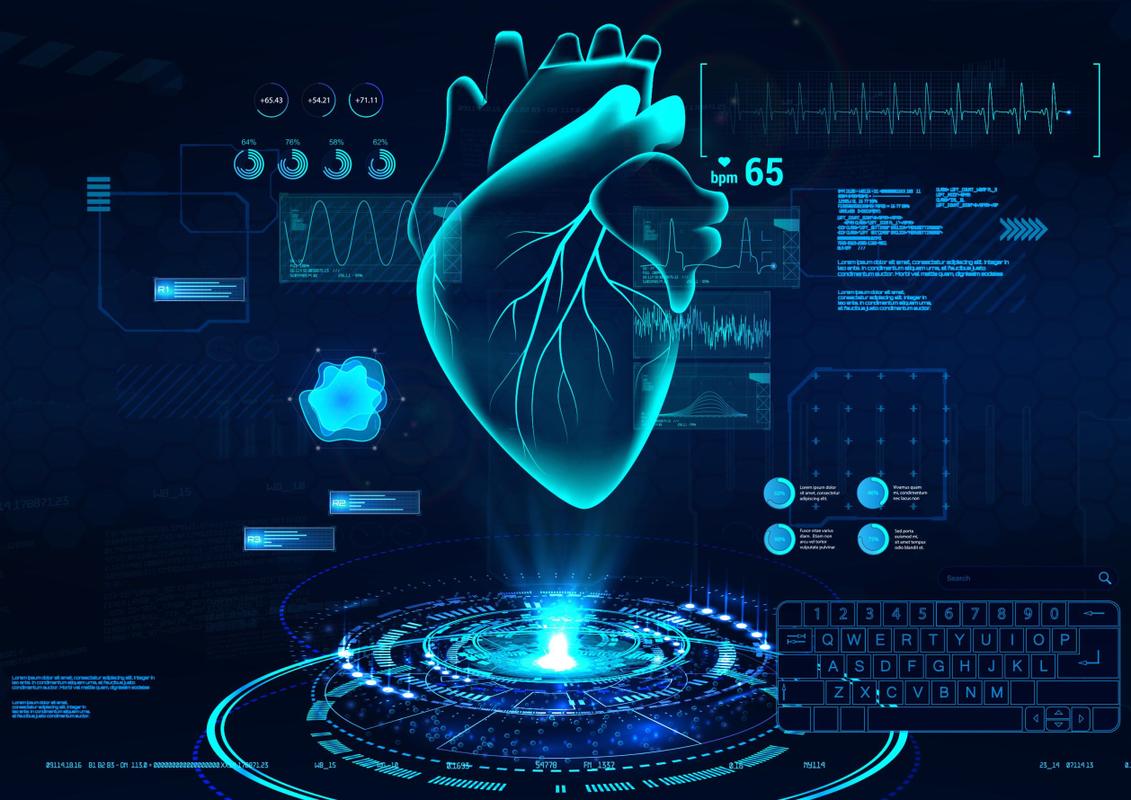Worldwide there are millions of people that suffer from cardiovascular disorders which is the main global cause of death. A big obstacle in the treatment of heart disease is the lack of detailed medical data and medical history of the patients (at risk).
Sensors and artificial intelligence
A international research team led by prof. dr. Frank Rademakers, chief medical technology and innovation officer at UZ Leuven, and prof. Jan D’hooge, professor cardiac imaging at the KU Leuven wants to change this. The objective is to create a global platform with innovative wearable sensors which will allow us to gather crucial information about the heart function and the general condition of heart patients.
The goal is for the sensors to be used for a long time and in the patients' personal home environment. This way the sensors will be able to accurately measure important parameters such as heart rate, blood pressure, respiratory rate, lung capacity and pain, in addition to physical activity and environmental factors such as room temperature and air quality.
In the long run, every patient will have a 'digital twin', that can help with the diagnosis and can help find an optimal, personalised therapy. Prof. dr. Frank Rademakers - chief medical technology and innovation officer
Prof. dr. Frank Rademakers - chief medical technology and innovation officer
Prof. dr. Frank Rademakers: “This approach will provide us with big data sets, which will enable us to find new connections and insights with the help of artificial intelligence. This method reflects the future of medicine: not only for cardiovascular disorders but also for other diseases we need more data and innovative technologies to get to the core and understand and treat them In the long run, every patient will have a 'digital twin', that can help with the diagnosis and can help find an optimal, personalised therapy.”
Prevention, diagnosis and therapy
In a first instance, the project will focus on three patient groups: people with pulmonary hypertension (increased pressure in the arteries of the lungs), heart failure patients, or people that have had a heart attack. These three situations require respectively a preventive, diagnostic or therapeutic approach and can therefore prove the added value of the new platform in various areas.
The patients and their nearest carers will be closely involved to help develop the sensor platform, taking their specific care and requirements into account. The researchers will also investigate how the medical data collected can be embedded in the electronic patient records.
Big Beat Challenge
The Leuven project is one of the last four contenders in the ‘Big Beat Challenge’. The British Heart Foundation launched the call for international, multidisciplinary research projects that offer a radically new, transformational solution to heart disease. Of the 75 proposals submitted, one will be awarded with 30 million pound (35 million euro).
The four shortlisted projects will be assessed by international experts in cardiovascular research, but also by heart patients and people from the general public involved. By the end of 2020, the winning project will be announced.
The Leuven project is the only one that invests in big data. If it wins the Big Beat Challenge, the project will run over a period of seven years. The research team consists of several international academic and technology partners, which would allow the platform to be developed and used in daily practice relatively quickly.
More information
The international research team consists of partners of nine top universities, including Cambridge University, Harvard Medical School and Stanford University, and six technology companies, including imec and Google.
